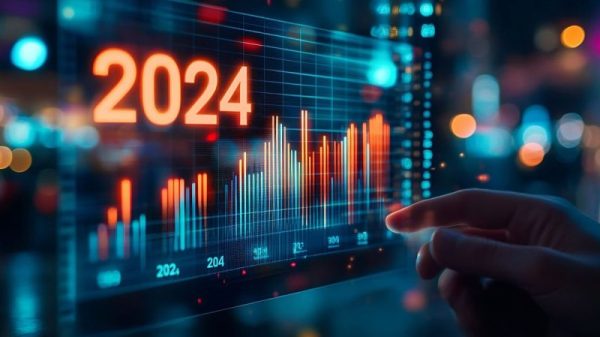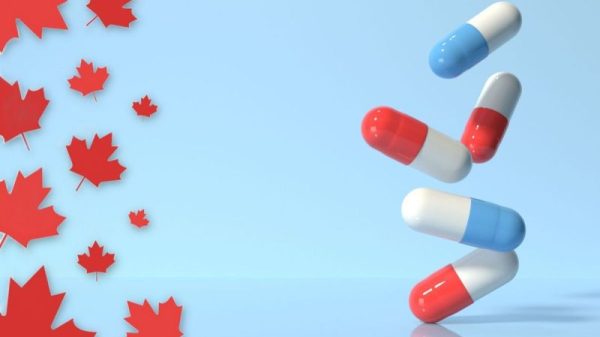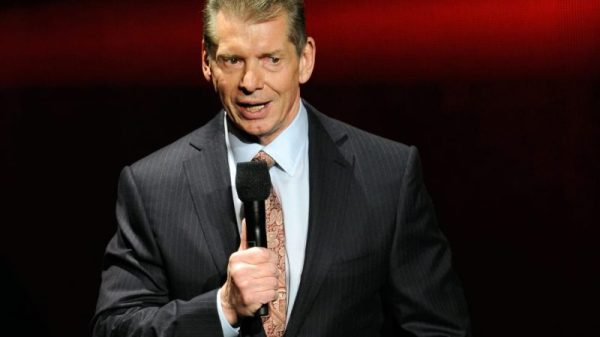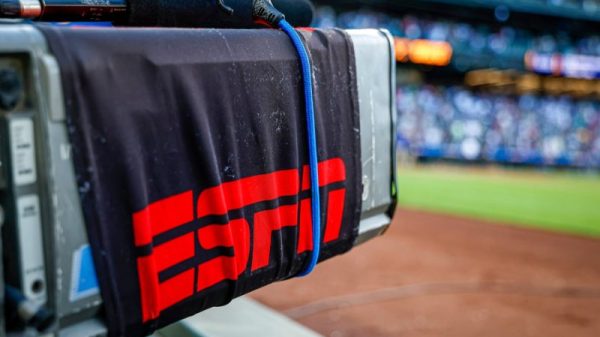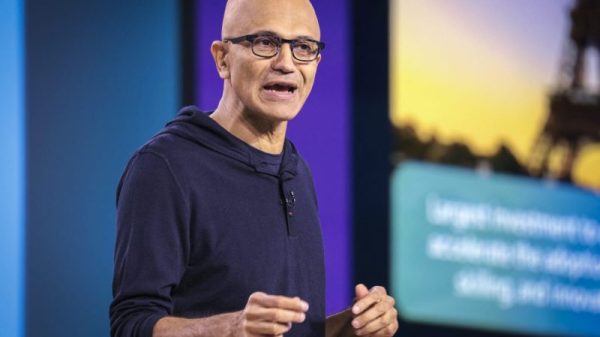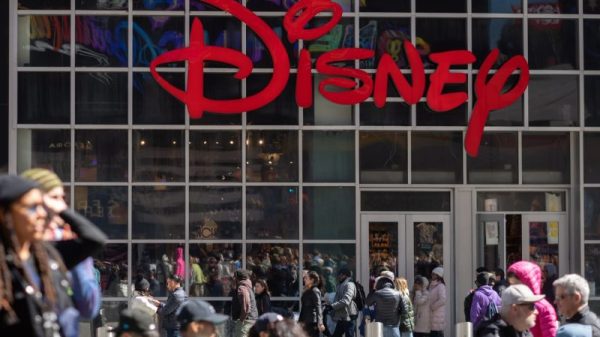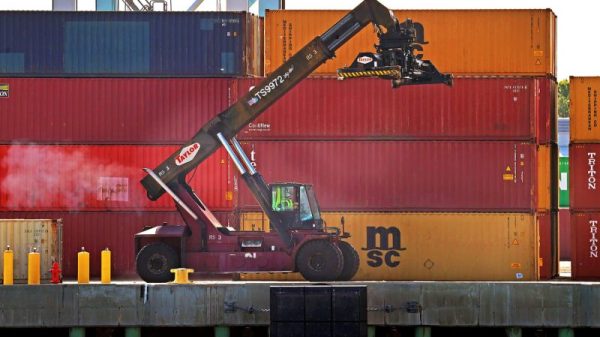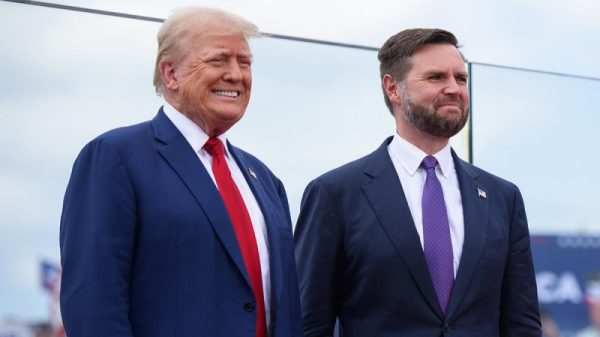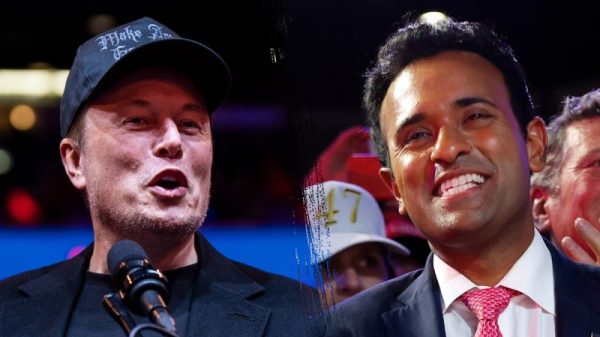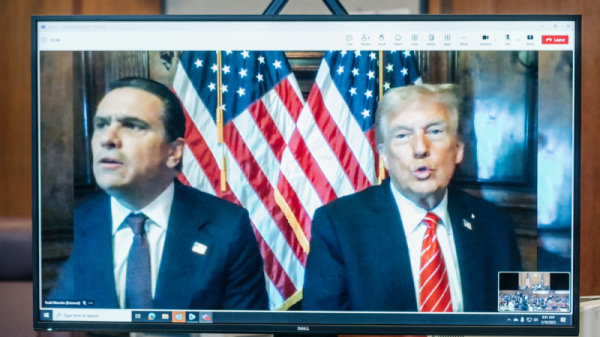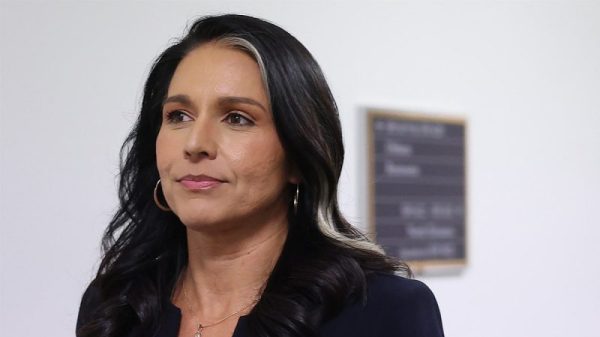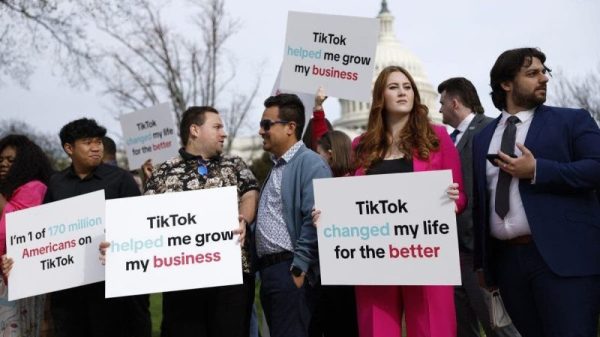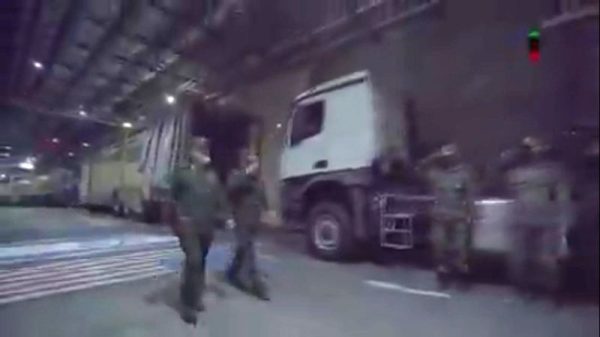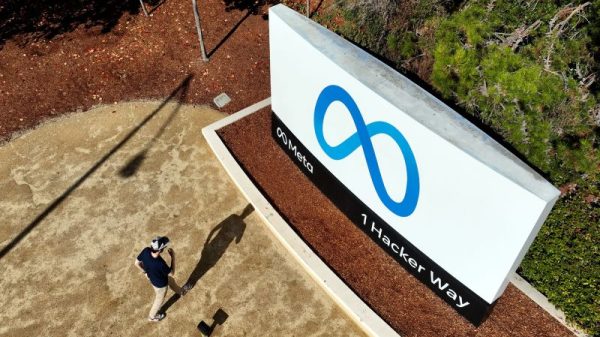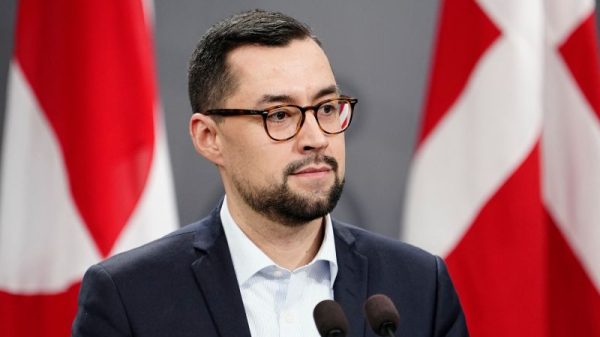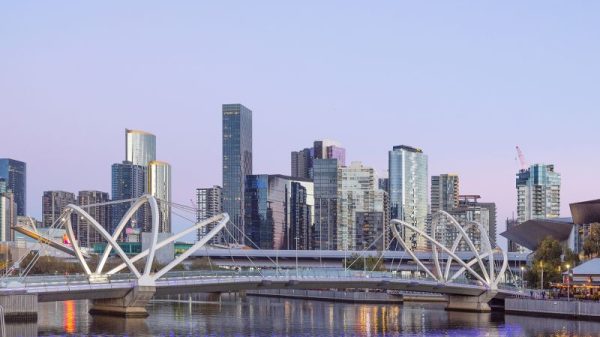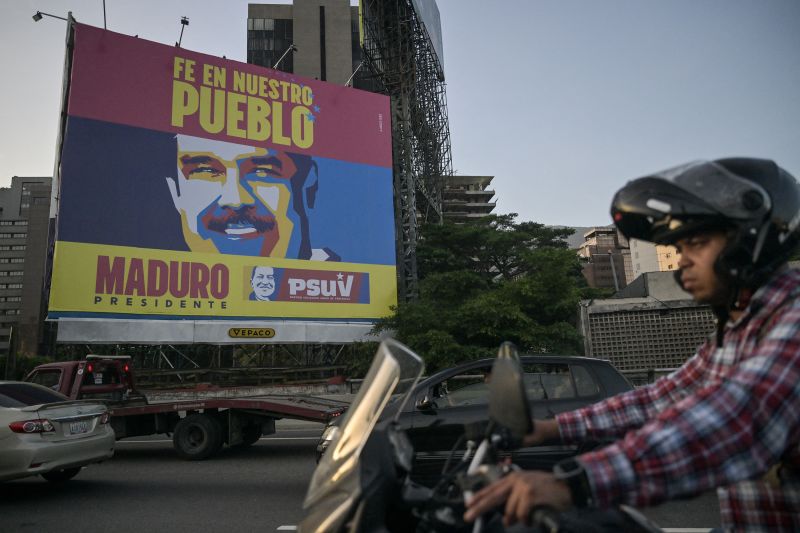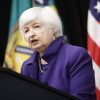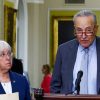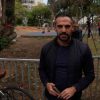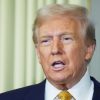Millions of Venezuelans are expected to cast their ballots on Sunday, July 28, in what many see as the most consequential election in the country since strongman leader Nicolás Maduro came to power more than a decade ago.
The vote pits the authoritarian Maduro – who has overseen unprecedented levels of poverty and emigration from the country – against Edmundo Gonzalez Urrutia – a quiet, bird-loving grandfather who has built a strong following despite being the opposition’s third choice after its two preferred candidates were barred from running.
But experts warn that the result of the vote may well be contested. Maduro has a habit for clinging to power, they point out: his government has long been accused of rigging votes and the 2018 election that returned Maduro to office was described as illegitimate by an alliance of 14 Latin American nations, Canada and the United States.
The populist and the former diplomat
Maduro, who took the mantle of the populist Chavismo movement after his predecessor Hugo Chavez’s death in 2013, is seeking his third consecutive six-year term in office. His last race was largely boycotted by the opposition. The Organization of American States called that vote a “farce,” noting that it was “held with a generalized lack of public freedoms, with outlawed candidates and parties and with electoral authorities lacking any credibility, subject to the executive power.”
At campaign events this year – usually rollicking, dance-filled affairs – Maduro has framed his opponents as “fascist” and “manipulable,” claiming that they would privatize the country’s healthcare and oil industry and “give away our wealth.”
Though under his watch, Venezuela has seen the rapid collapse of its democracy and nearly eight million of its people flee the country. Inflation has soared and food shortages spread as the country underwent “the single largest economic collapse for a non-conflict country in almost half a century,” as the International Monetary Fund put it.
Gonzalez, a former diplomat, is standing for an opposition coalition known as the Democratic Unitary Platform. His priorities include taming inflation, currently running at 64% year on year, and restoring trust in the country’s institutions of power, like its judiciary, which is currently stacked with Maduro sympathizers. However, he has not given a roadmap on how he would convince an authoritarian government to voluntarily give up control and lead a democratic transition.
In recent weeks, his rallies, alongside Maria Corina Machado, the charismatic leader of the opposition coalition who was banned from running for president earlier this year (along with her fellow leader Corina Yoris), have drawn staggering crowd sizes, including parts of the population long devoted to Chavismo. The pair have promised to build a country that can welcome home the millions of Venezuelans who have left in droves in recent years out of economic desperation.
Several other candidates are also running, but they have minimal support and are viewed by the main opposition as government allies.
According to Oswaldo Ramírez, the managing director of ORC Consultores, the opposition has found support in “nearly every corner of the country.”
“The electoral energy is back in the streets of Venezuela,” he said. “Never in the years since this political era began has the opposition had a voting intention that favored it in such a broad way.”
Will the election be fair?
Twenty-five years after Chávez brought his socialist vision to the halls of power in Caracas, the election marks a rare opportunity for Venezuelans to remake the country – if Maduro is willing to relinquish control in a defeat. But analysts point to Maduro’s history of alleged election meddling in suggesting he is unlikely to go down quietly.
“This could be the last best shot for Venezuela for a long time to restore democracy,” said Ryan Berg, director of the Americas Program at the Center for Strategic and International Studies. “The level of fraud that (the Maduro government) is going to necessitate is going to be so obvious to all that there’s no way they can move forward credibly with the election. They’re going to be caught with their hand in the cookie jar.”
The ruling party has already been interfering with the election for months. In January, Machado was barred from holding public office for 15 years by the Maduro-controlled Supreme Court. The US said the decision flew in the face of a 2023 pledge the Venezuelan government had made to hold free and fair elections. Gonzalez was made the candidate after Machado’s designated replacement Yoris was similarly blocked from running.
Maduro’s government has meanwhile claimed to have thwarted a string of dubious opposition-backed plots to sabotage public infrastructure and interfere with the election. Analysts see those as the seeds of a pretext that Maduro could use to postpone or cancel the election at the last minute.
Experts warn Maduro could also move to provoke a military crisis with neighboring Guyana after he and his supporters scaled up their threats to annex an oil-rich piece of that country’s land.
Some have speculated that Maduro could use the crisis as an excuse to suspend the election.
Maduro’s government has also been accused of trying to sow confusion ahead of election day, including by renaming some 6,000 schools, places that typically serve as polling stations. The government has also created significant impediments for the Venezuelans who left the country to vote, including widely unattainable passport and residency requirements, election experts said.
How will the vote play out?
There are more than 21 million registered voters in Venezuela, including about 17 million people currently living in the country.
A limited group of election observers, including a team from The Carter Center – a non-profit organization set up by former US President Jimmy Carter – will be on the ground to monitor the vote after Venezuelan authorities revoked an invitation in May for the European Union to send a delegation, citing the bloc’s sanctions on the country.
But the options for the opposition and the international community are limited if Maduro refuses to cede power, Berg, of CSIS, said. “The opposition can get out in the streets, they can mobilize, they can demand certain things, but if the regime gets in and they have the firepower behind them to repress as we’ve seen in other instances under Maduro, it could get very ugly,” he said.
If the opposition does clinch victory, a transition period of six months is likely to include an intense negotiation around amnesty for Maduro and members of his government, which analysts say he is certain to require ahead of any potential handover.
Maduro currently faces drug trafficking and corruption charges in the US and is under investigation for crimes against humanity by the International Criminal Court.
Machado has indicated in recent months that the opposition has expressed willingness to the Venezuelan government to establish a “serious negotiation with guarantees” for Maduro and his allies – should Maduro and his ruling Socialist United Party of Venezuela step aside in the face of defeat.
“We know the responsibility we have with history, and if there are feelings that animate this process, it is about reunification, coexistence, and justice, never about revenge and persecution,” Machado said earlier this month.


